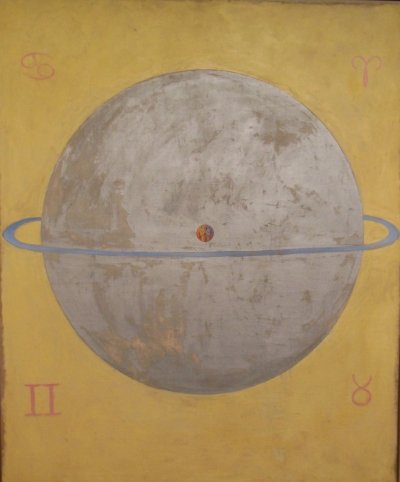This brings us to Neptune, a gaseous giant, equal in size to Uranus. Both planets complete the Solar system on which all astrological interpretation is based and therefore should be part of the astrological system. (The traditional school disregards the newly discovered planets all together focussing solely on the five visible planets known since Antiquity. A view that I respect but do not share.)
The natural move was to assign Neptune rulership of Pisces, the sign following Aquarius, which brought a closure to the new and expanded system. The reasons were compelling: Neptune was brother of Jupiter who had ruled Pisces before, a peer in power. With Pisces being a Water-sign and Neptune being known as the god of the Sea, that seemed to be a good match. Perhaps even the Astronomical Society thought they had got this one right.
Well, not really. Neptune was well known in the Hellenistic world as the ‘Earth-shaker’, also god of the storms and earthquakes, who could unleash fury on any mortals that aroused his anger and he would destroy ship, ground and men at his whim. He caused fear and trembling in the Ancient World. Not quite the standard bearer for ‘peace-loving’ and ‘spiritually’ oriented Pisces, qualities often espoused by astrologers. What seemed so perfect at first sight does not hold up: mythological Neptune and what the sign Pisces stands for have not much common ground.
So again, we have to reverse the logic. ‘Neptune’, as we may now call him, is representing the core tenets of Pisces but not imbuing it with any personal traits. His name should just be taken as symbol and token for the sign Pisces.
Neptune, also being Lord of the horses


